Many people wonder what the difference is between an optician and an optometrist. While the two optical professionals often work side by side, they are very different in terms of their education and skills. An optician is someone who assists customers with the selection and fitting of eyeglasses. An optometrist is someone who performs refractions and provides basic medical eye care. The refraction involves sitting in the chair while the optometrist tests different lenses.
Professional Education:
Optician vs optometrist education is significantly different. Opticians may or may not have completed a degree program depending on the state in which they work. Some states require opticians to complete a degree or an apprenticeship while other states have no optician education requirements. The optician degree is typically two years and involves a combination of classroom instruction and hands-on training. An optometrist, on the other hand, must complete an undergraduate degree as well as a four year graduate degree. The optometrist graduate degree usually involves three years of classroom instruction and some clinical experiences followed by one year of clinical rotations in different parts of the country. In summary, an optician completes (at most) a two year degree while an optometrist completes eight years of higher education.
Standardized Exams:
Optician vs optometrist testing is significantly different. Opticians may or may not have to complete the American Board of Opticianry (ABO) Exam and the National Contact Lens Examiners (NCLE) Exam depending on the state in which they work. The ABO and NCLE exams are voluntary and there is no formal education or training required to take them. Opticians are encouraged to complete these exams regardless of state requirements because they have been shown to increase salaries, result in better benefits, and lead to more job opportunities. Optometrists are required to take multiple exams during their graduate education. These exams require that an optometry student to reach a certain level of education prior to taking them. Optometry students must pass these exams before they are allowed to graduate and become licensed.
Technical Skills:
Optician vs optometrist technical skills are vastly different. An optician is trained to interpret the optometrist’s prescription for eyeglasses and contact lenses, keep track of fashion trends, adjust frames, customize lenses, repair damaged frames, educate customers, and keep track of inventory. Optometrists are trained to understand the details of how vision works and the various diseases that can affect sight. In addition, an optometrist is taught how to correct vision and treat diseases.
As you can see, opticians deal more with the eye wear side of an optical shop while optometrists deal more with the eye care side of an optical shop. While opticians and optometrists are very different, they are both important to the optical experience.

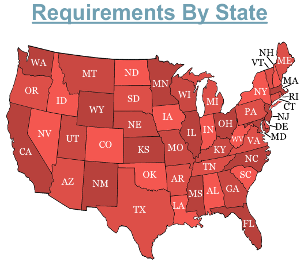




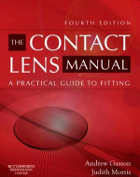
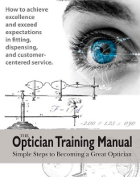

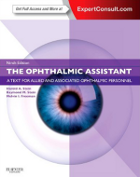

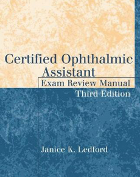
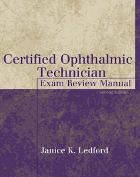


My Question is A Person who was retired as SNCOS of IAF and during service completed and Course of Optometry nine months duration.they were Practising as Optometrist.Now why Medical Faculty/OAA/Other Optometry Council of India not registering as Optometrist
Is it possible for an optician to become an optometrist? Thanks so much in advance for taking time to read my comment.
Roseline,
It is possible for an optician to become an optometrist. In general, an optometrist is required to complete a minimum of 8 years in college and a rigorous series of licensing exams. If an individual has no previous college credit, then they will need to acquire a four-year undergraduate degree and will then need to be accepted into a four-year graduate program for optometrists. Once the graduate program has been completed, they can then apply for licensing in the state where they intend to practice. These requirements are far more intense than those of an optician.